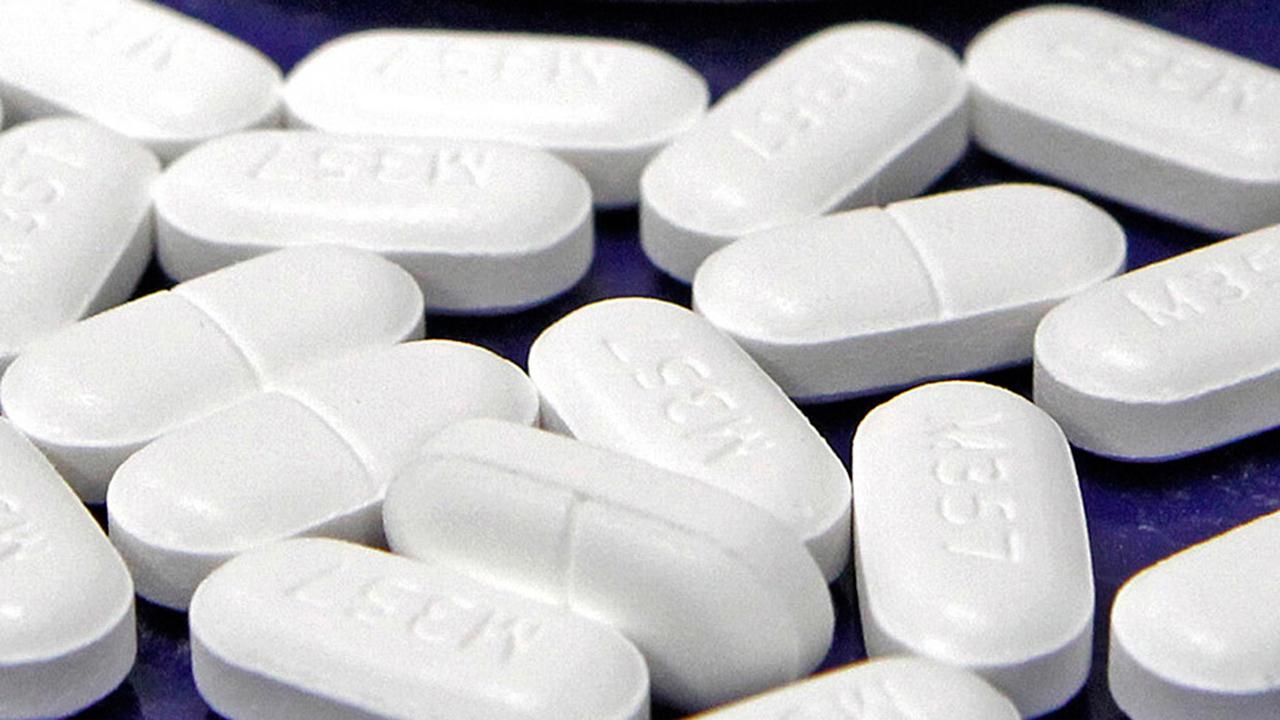Trump 'favored-nation' drug pricing order could hammer profits
President Trump is potentially seeking to require that drugmakers sell medicine in the U.S. at the lowest cost offered elsewhere in the world, a move that would have a radical effect on the industry and deepen the dispute between pharmaceutical firms and the administration over rising treatment prices.
On Friday, Trump said the White House is working on an executive order to implement “a favored-nation clause, where we pay whatever the lowest nation’s price is.”
“Why should other nations like Canada — why should other nations pay much less than us? They’ve taken advantage of the system for a long time, pharma,” he told reporters.
Details of the proposal were not immediately available and the White House declined to comment. Still, it sent shares of top pharmaceutical firms down in Wall Street trading on Monday.
| Ticker | Security | Last | Change | Change % |
|---|---|---|---|---|
| AMGN | AMGEN INC. | 384.32 | +16.52 | +4.49% |
| GILD | GILEAD SCIENCES INC. | 152.50 | +3.13 | +2.10% |
| MRK | MERCK & CO. INC. | 121.93 | +2.18 | +1.82% |
| PFE | PFIZER INC. | 27.22 | +0.73 | +2.76% |
| LLY | ELI LILLY & CO. | 1,058.18 | +37.34 | +3.66% |
| ABBV | ABBVIE INC. | 223.43 | +4.41 | +2.01% |
| BMY | BRISTOL MYERS SQUIBB CO. | 61.99 | +2.47 | +4.15% |
The threat could mark a dramatic escalation in Trump’s ongoing feud with drug manufacturers. A measure that would tie the cost of certain treatments in the Medicare program to the average cost in over a dozen countries is currently under federal review.
It is unclear whether Trump is referring to the same system, which could be launched as a five-year pilot program. But a proposal akin to a “most favored nation” clause, which is typically used in trade agreements to ensure one country receives the best terms available, would be a more far-reaching step.
Nations like Greece and Portugal have notoriously low prices and forcing drugmakers to offer their products in the U.S. at those levels would erode profit margins and could even lead some companies that have a less diversified portfolio to shutter or scale back operations, experts say.
The industry’s strategy “has evolved from making money on volume to instead making money on price because Wall Street really rewards high prices,” health care consultant Jane Horvath told FOX Business. “The business model is just not going to be workable anymore.”
The drug sector, which has already made its opposition to international reference pricing well-known, would be expected to mount an aggressive campaign should Trump move forward with the executive order. Industry officials say higher prices in the U.S. help subsidize research and development efforts for new treatments.
Experts predict the action would put an upper limit on how much Medicare Part B – which includes injectable drugs and others that are administered in a physician’s office – will pay for the medicine.
While that would likely force drugmakers to lower the cost of their products, the margins on the Part B treatments tend to be high and there is room for companies to still make a profit. Amgen, for example, lowered the list price of cholesterol drug Repatha by 60 percent in 2018 to ensure it was covered by more insurance plans.
But those companies that don’t have as diversified of a portfolio, like Biogen and Gilead Sciences, could be the biggest losers, according to John Hopkins University’s Gerard Anderson.
“There are some companies that will probably almost go out of business because they have only one or two products,” he said.
Drug manufacturers could also cut costs elsewhere, including marketing budgets, which are much higher in the U.S. than elsewhere in the world.
Physicians, who make some profit off of the Part B drugs administered in their offices, would be impacted by any cap in federal reimbursement as well.
While the executive action would draw scrutiny from the industry, it could also directly lower costs for Medicare patients who are required to pay 20 percent of the overall price of a drug. High costs, however, are also currently blunted by patient assistance programs and other offerings from drugmakers.
And while some companies would suffer more than others, firms could also recover some of the lost profits on higher sales volumes.
“Wall Street’s expectations are going to have to change and this is going to force the industry as a whole … to change their expectations,” Horvath said. “It will still be one of the most profitable industries in the world, it just may not be obscenely profitable.”
Such an executive order, however, could be difficult to implement. Prices in some countries change frequently and nations use different methods to lower drug costs beyond the listed amount, including rebates and other incentives.
CLICK HERE TO GET THE FOX BUSINESS APP
While the White House has already taken several steps to lower prices, the actions have had mixed results. An investigation by The Associated Press found that there were 96 price increases for every price cut in the first seven months of 2018.




















